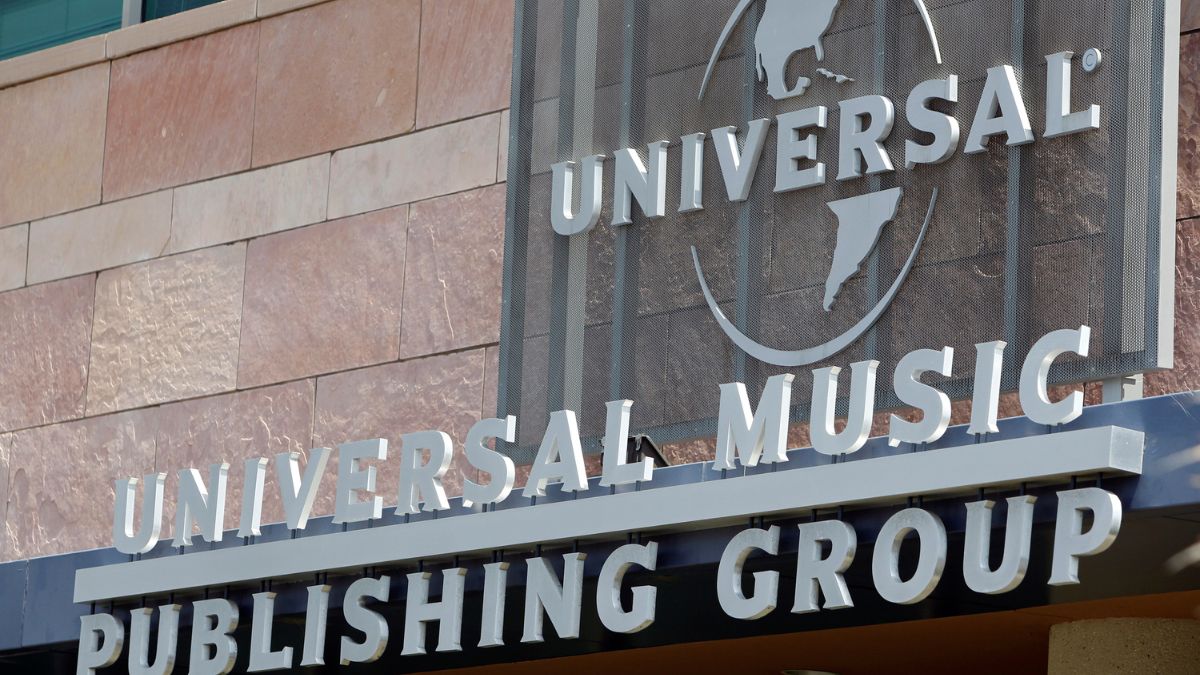In June 2024, a contingency of record labels — including three of the world’s biggest, Sony Music, Universal Music Group, and Warner Records — sued AI firms Suno and Udio for copyright infringements on an “almost unimaginable scale.”
Now Bloomberg reveals that those very labels are in talks with the two businesses over a deal that would put the lawsuit to bed and establish a degree of cooperation between the opposing factions.
If successful, those negotiations will establish a framework that outlines how major labels make deals with AI bodies using the music they own for catalog training. That will see record labels profiting as AI increases its intelligence.
In short, the labels — 12 months after going on the attack — appear to have done a 180. It now remains to be seen if the artists whose intellectual property is being bargained over get a say in the make-up of any prospective deal.
Suno and Udio, based in Cambridge, Massachusetts, and New York, New York respectively, want to harness copyrighted music to learn at a faster level. The ongoing talks currently revolve around how that work is licensed, and the scale of compensation granted to artists whose work is analyzed.
However, as MusicRadar reports, the negotiations bear striking similarities to how, in the late 2000s, musicians were kept away from discussions between labels and streaming platforms as both parties thrashed out a deal relating to the money an artist receives per stream.
In 2025, Spotify pays on average $0.003 – $0.005 per stream, a figure countless musicians have derided. And of course, when a song is released via a label, there is another pair of hands for revenue to pass through before it reaches the people responsible for its creation.
In the U.K., two of rock’s most prominent figures, Brian May and Jimmy Page, have been ardently speaking out against the government’s proposed law changes regarding AI and copyright. The changes, which center on an “opt-out” policy, would rule in favor of AI companies and result in thousands of hours of copyrighted music landing in the crosshairs of AI learning machines.

May said that “nobody will be able to afford to make music” if “monstrously arrogant” tech companies are allowed to train technologies without requiring a license from the artist or their publisher.
He added that the U.K.’s decision could have a domino effect, impacting U.S. policies, where a great emphasis has been placed on investment into AI. The country wants to become a global superpower in that regard.
“My fear is that it’s already too late,” May sighs. “This theft has already been performed and is unstoppable, like so many incursions that the monstrously arrogant billionaire owners of Al and social media are making into our lives. The future is already forever changed.”
Page, meanwhile, tried to flip the situation the other way around to solidify his argument against the changes.
“When AI scrapes the vast tapestry of human creativity to generate content,” he had said, “it often does so without consent, attribution, or compensation. This is not innovation; it’s exploitation.
“If, during my session days, someone had taken my riffs without acknowledgment or payment, it would have been deemed theft. The same standard must apply to AI.”
Sharooz Raoofi, the founder of royalty-free audio firm Wavetick predicts the grim reality that any deal agreed between Universal/Sony and Suno/Udio might mean to the market. If the labels are invested in AI, he says, artists will suffer.

“You can imagine what the next step in this process will be,” he says via LinkedIn. “The further devaluation of music by flooding major label–controlled DSPs with major label–owned generative AI fodder fed by major label catalog.
“The end result — rights holders get paid even less, nobody has the right to opt in or out, and as artists we have zero visibility on what these license details will entail or whether we’ll even receive a royalty for being training fodder”
Speaking about what a deal could mean, Ivors Academy Chair Tom Gray theorized, “It appears recordings would be licensed to AI companies to ingest music-makers work without their permission and without reference to their personality or author rights.”
Moreover, in contrast to the U.K.’s suggested policy, “these licenses appear to not offer creators an ‘opt-in,’ an ‘opt-out’ or any control — whatsoever — of their work within AI.”
It feels inevitable that record labels, once they sniff the money to be made, will begin to cozy up with the AI firms they once deemed a threat to their existence. The hopes that a fair deal that considers artist sentiment can be struck remains, but is to be seen to be believed.
GIPHY App Key not set. Please check settings